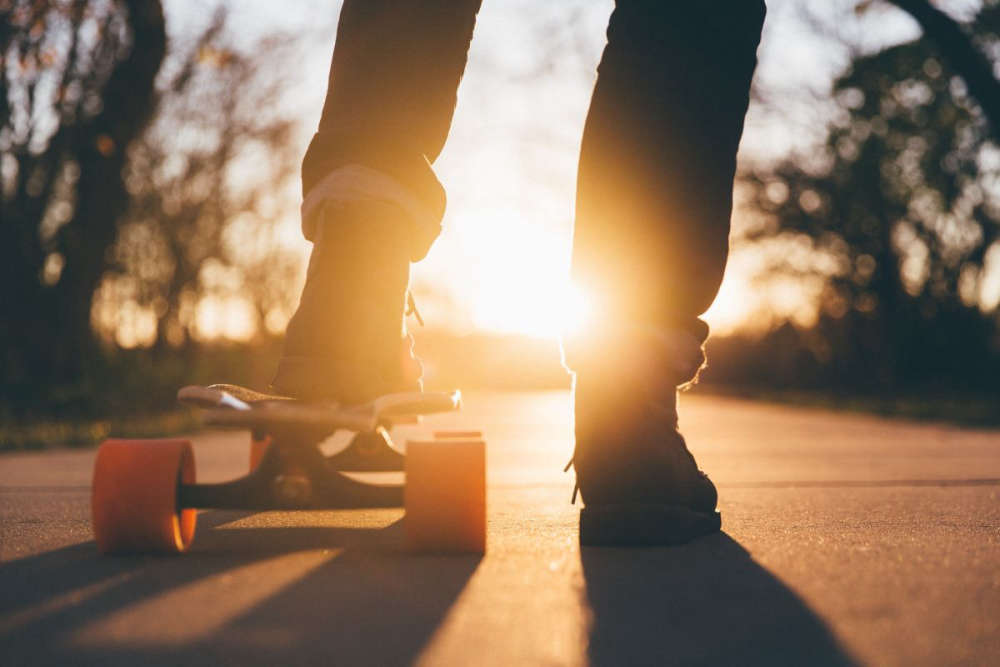
The stories of 21 children in Jersey have been shared by the Children's Commissioner to highlight what life growing up in the island is really like for them.
In-depth interviews were carried out over a year-long period as part of the Commissioner's requirement under the law to tell young people's stories.
'Life On The Rock' explores their childhoods from several angles - ranging from healthcare and feeling safe to playing areas and housing.
Housing
Many children spoke highly of living in nice houses with picturesque views, but others spoke of instability and disruption.
13-year-old Jaya speaks about how tough it was to live in unsuitable emergency accommodation.
"It was really cramped, it was a really small room… there wasn’t much space for us… we would have to share the kitchen with seven other families that were there, so sometimes it was a bit of a squeeze. If you are trying to cook, there would be small children running around and sometimes if people would have hot pans it would be hard because the children would be running around.
So, we didn’t have qualifications, so the houses then were really expensive, and my mum couldn’t afford them, so we had to stay there for a long time … We did find one that was unqualified, and it was within the price range and they would say ‘no children’. … we kept looking, all the houses were saying ‘no children allowed’ so that was also quite hard."
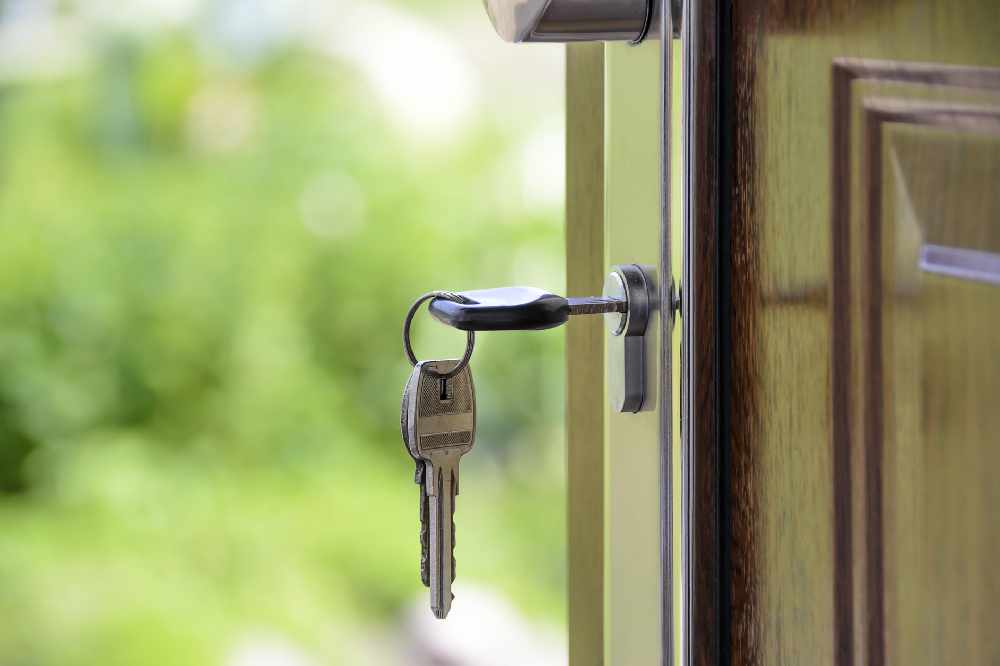
New regulations will come before the States Assembly later this month, which if approved, would ban landlords from refusing to let or sell their properties because the person or people moving in has children, 'except for certain defined circumstances.'
The prices of new homes continue to rocket, with the price of three-bed properties costing an average of more than £700,000.
Leisure and Activity
Children also had different experiences of leisure activities in Jersey. Leo, who is 10, said there were lots of activities he enjoyed taking part in.
"It’s where you can do whatever you want. There’s football, basketball, there’s table tennis, there’s music room, there’s movie room and then they always have loads of say, drinks, like they have Fanta or Coke, whatever, all of the fizzy drinks and everything. There’s a snooker table, table football, there’s anything you want to do, you’ll probably fit in. You can just do whatever you want there and it’s so nice."
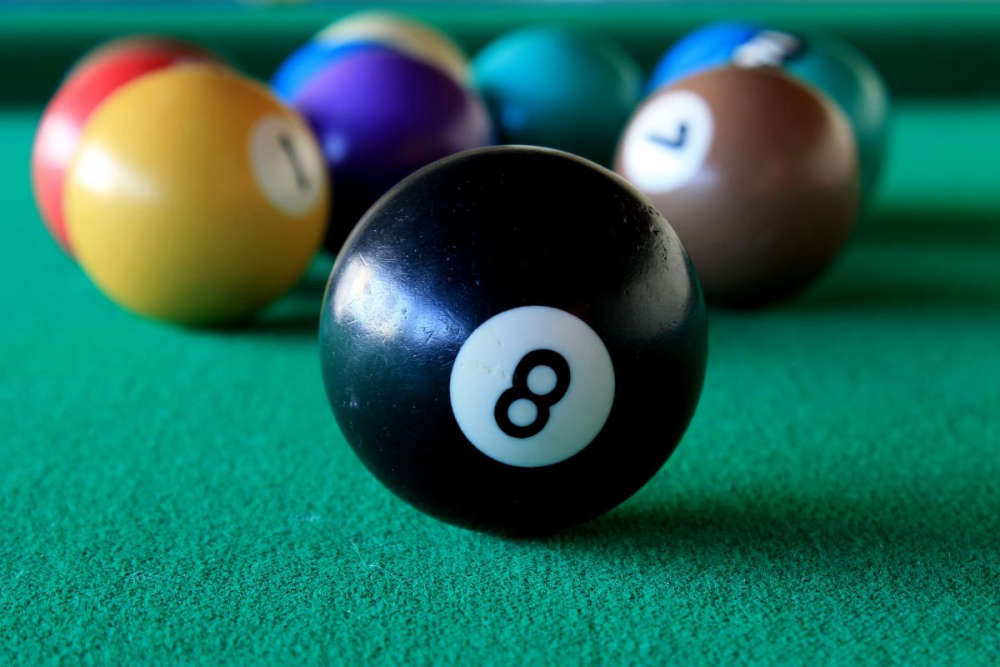
Charlotte, who is 18, found that many other children enjoyed going out drinking, and she and her sister were judged as outcasts for not drinking alcohol.
"I’m not a huge partier, drinker, … don’t do drugs. … I think I went to my first party when I was… probably 17 because one of my friends invited me, but I didn’t drink … When we hung out with our friends in GCSE we would go to one of their houses and watch movies all night and play scrabble. That is what my friend group did. Which some people left because they were so annoyed with that. You know, why aren’t we going out drinking, why are we playing scrabble at 3am?... I’ve never been that kind of teenager I guess, and em… it felt kind of strange at times because at school … they’d make jokes or mean things but… em, we already were on top of that outcast for not em, joining in on drinking and stuff like that. Which I did quickly get the impression was, em, part of teenage Jersey culture. Kind of sad is that… what do I do in my free time? Bake. Cook. Read, watch movies."
16-year old Olivia raised similar concerns.
"I just think there’s stuff that needs doing with like alcohol and drugs. People fall into it really easily here. I think they get bored. Because there’s not that much to do. And people just like end up doing drugs… the amount of especially as [my school] I find there’s huge drug levels here and it’s like… [groans] makes me a bit uncomfortable sometimes. I’m like why is everyone trying to like… do cocaine?"
Being Safe
66% of children spoken to said they were bullied at least once a month.
61% said 'stopping people being bullied' was one of the top five things that would life better for young people.
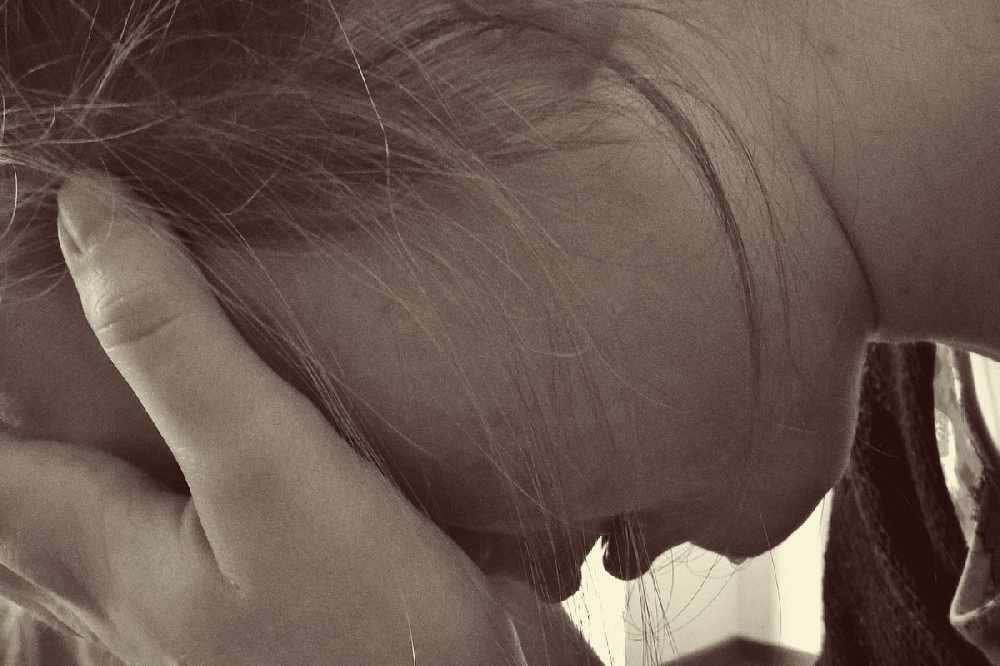
Charlotte (18) said despite feeling safe generally in Jersy, she wouldn't want to bring up children here.
"It’s safe in the sense of you can leave your car unlocked and, house unlocked and stuff like that but, from what I’ve seen and what I hear about, I don’t like how some of the systems here are in place and how they run….Especially here, because I wouldn’t want any kid to go through what I went through, what my sister went through, or a lot of the people I looked around."
Oscar (15), who identified as transsexual, said other children 'bullied people like me', and she was concerned that his classmates didn't speak up about her bullying.
William also said that 'teachers should take notice of what is going on.'
16-year-old Olivia said while she felt comfortable during the day, she gets scared in the dark and drew attention to the lack of streetlights.
"But em, in the dark, most people like teenagers wear dark clothing cause it’s like the kind of trend right now. It would be quite nice to have like more like street lighting as well. It gives it kind of, a bit more character to Jersey as well as like cause like- when you- like- on a plane like you know flying over a place and you see like loads of lights and you think oh that’s like quite, kind of, lively and somewhere you want to be, whereas if someone flies over and sees Jersey as all like dull, they’ll be like, hang on a minute, this place looks a bit dark, I don’t want to really visit here if I ever get the chance."
Getting Around
Younger children spoke of finding it easier to move around the island, while some older teenagers were concerned about speeding and the lack, and cost of, buses.
"Even if you’re travelling like 10 minutes you still have to pay like £2.20 cause it’s the same amount like wherever you’re going. So if you’re going to St Ouens it’s not as bad, but £2.20 is a lot." - Sarah, 15.
"Because it’s compulsory that children have to go to school, but yet if it’s far too far for them to walk in the morning or their parents or someone can’t drive them then they have no choice but to get the bus and having to pay for it and it’s a legal requirement, I don’t think that’s right." - Anna, 16.
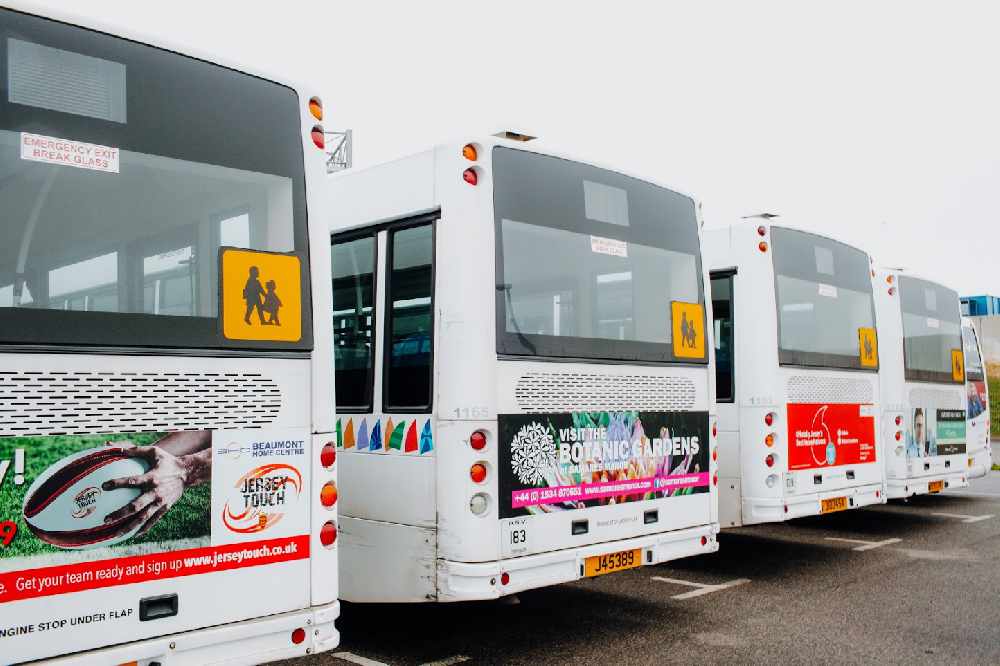
"[L]ike my friends don’t come round to mine quite a lot because the buses are so bad. It’s like, plans have to be manoeuvred around my buses. Or I sit in town for an hour on my own, which is such a pain. And they’re always late. All the buses are always late, everywhere. I’ve never been on a bus that’s on time." - Sophie, 16.
Attempts by Deputy Rob Ward to make bus travel free for children have been rejected in the States Assembly.
Jackson, who is a wheelchair user, wants the government to widen pavements.
"[H]appened quite a lot at school where it is like… where we park there is quite a lot of people who park in the middle of the stopping bay and you can’t go in front of them or really behind them. So that means when I get out of my car I have to drive out on the road and then get on to the pavement."
Staying Healthy
A number of children raised concerns about accessing some forms of healthcare - such as having to travel for treatment, the cost of services, and support related to mental health.
"I know a lot of parents who just don’t take their kids to the doctors. They’re like we’ll figure something out. I think I pay £38. So it’s 16 and under is £38 for a doctor’s appointment. Blood tests also cost money. I think they’re like £20 or something. But doctors are expensive here." - Sophie, 16.

"My parents ended up going private for me to get braces because I was on a four-year waiting list and the dentist said that I had severe overcrowding in my mouth so I really urgently needed them to get my mouth sorted out. Em… and so my parents either had to wait like four years, I had to wait four years, or go privately so we had to go privately which cost £3,500 for braces treatment." - Anna, 16.
"…like you know you have to be in school but you have reasons why you find it very difficult and no matter what circumstance you give the school or whatever, you still have to be at school unless you’re physically ill ... if you have a physical illness you go home but if you have a mental illness you don’t." - Anna, 15.
Gaps in mental health provision were identified. They included the location of support services.
"Everything being in St Helier was unhelpful for young people in other parts of the island who may be in great need of something and they didn’t have the skills to like talk to their parents about it yet they may be reliant on them for transport to access services."
"When I was really bad I was told to go to A&E and I thought ‘I am never going to do that’. And em… in Jersey like the mental health team… only open like two hours on a Saturday or something and it’s, like, ridiculous … I mean I’m not going to plan my crisis at that specific time on a Saturday." - Anna, 16.
Anna said there should be 24-hour mental health services like is the case with A&E.
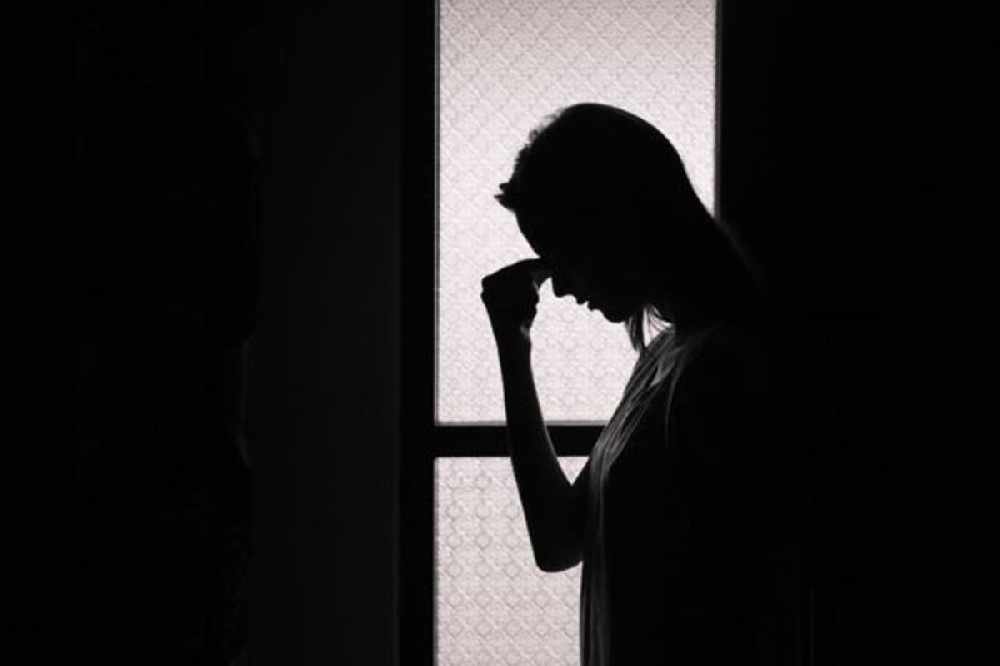
Charlotte, who is 18, spoke of her frustration at not feeling being able to talk, and when she did, not getting the support she felt she needed.
"[I] didn’t really eat, didn’t really sleep… was having full on hallucinations in class, and, you know, walking down High Street… with both seeing things, hearing things… feeling things which was the creepiest one… Yeah. It was really- it was- I thought I was going crazy and it was a hard time. My sister… who was also in the same year as me, also was having a very hard time with mental health... [M]y attention span really was in the negatives at that time because no sleep, no food does not do good things for you… And then there were also other kinds of kids who didn’t have the support network so, say there was trouble at home, outside of school, or… different pressures like that who.. well at least at my experience of school were the kinds who attempted suicide."
Getting Support
The children spoke of the struggles they faced which led them to ask for support - such as bullying at school coping with bereavement, violence at home, and mental health.
Some children spoke highly of school counsellors, but others thought they were unhelpful.
"The thing that bothered me was I’m a kid that you would expect to be at risk for mental health issues and nobody picked up on it… I was a kid you’d think would be at risk and nobody caught me… nobody ever, kind of, picked up on me and was like ‘hey, we need to keep an eye on you because you’ve been though a lot’ … I’ve just experienced like where the system has failed me, and I’ve fallen through gaps that I shouldn’t have fallen through." - Sophie, 16.
Jackson called his social workers 'really kind and helpful', but Jaya and Oscar struggled with theirs.
"She used to make me think that I had to, so (name) went to court so she would make me think that I had to pursue the case, but I don’t want to. She made it sound like it was my decision … and I couldn’t go back from what I had said, so I had to just continue until it was over, but nothing really happened after that."
Education
Many speak of positive experiences in school, but some felt left out because of moving between schools or coming to the island from overseas.
One area for improvement suggested was careers advice and help with workload and stress.
Sarah spoke of not feeling listened to and not getting the support she needed from teachers.
"They need to just kinda listen to… listen more and kinda just tell teachers and try and like sort something out instead of just kinda doing all these tests and then brushing them off like it’s nothing and having no outcome from it."
Social Media and Online Life
The children said Snapcyuat was the most popular social media app, but there were concerns about anonymous messages and online abuse.
"P]osted a picture on Instagram and this girl was being mean and saying that she looks fat and stuff like that, then this other girl joined in and they were ganging up on her. Then the argument broke out and people were arguing with each other over the text, the girl who posted the picture had all these notifications coming to her phone." - Jaya, 13.
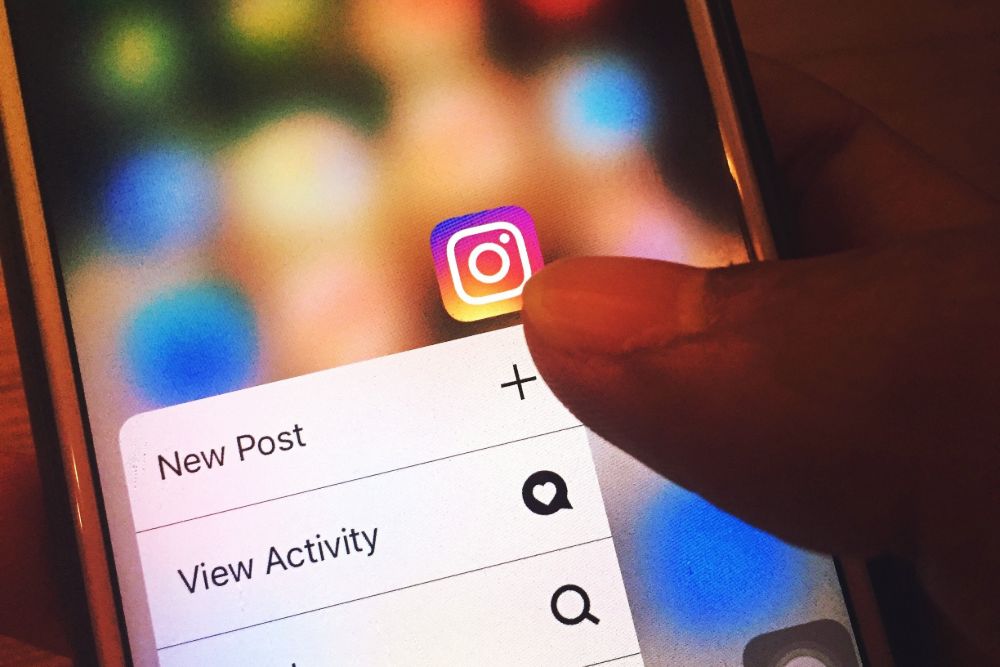
"I think Snapchat’s fine, the one problem I have with it is Snapmaps because my [laughs] brain goes into weird places, if people don’t reply I start thinking that they don’t want to talk to me… So, it’s only because I can see when people are active on Snapchat whereas on Instagram and on Facebook you can turn that feature off. So, if I don’t want people to know if I’m active, it doesn’t show me if they are. Whereas on Snapchat, even if I turn off my location, you see everyone else’s. So I can’t turn it off, I can’t turn off seeing other people’s and it takes control to not look at them." - Sophie, 16.
Some children wanted more clarity and support around help that is available for those that experience cyber-bullying or weren't aware of the online risks.
"[W]e haven’t really been told about it. We’ve only been told to like see your teachers but- half the time teachers just don’t really care. They just kind of sit there saying oh I need to teach like you know, it’s not my job. I’m being paid to teach, not basically be your counsellor." - Olivia, 16.
Money and Employment
The cost of housing was described as 'ridiculous, quite expensive, and a bit of a pain'.
"Oh yes, so expensive. I mean I was talking to like some of my mates from England they were saying… if you were going to buy a flat here you could basically buy a house in England. So yeah, it’s nuts." - Oscar, 15.
"The cost of living over here compared to the rest of the UK is generally high anyway whether you are a family or just an individual it is much higher. Yeah, I would say so because often you don’t have a choice about which companies you can go to especially if there is just one. So it is almost like
they can charge… Because they know they are going to get away with it… the Jersey Electricity Company, they are the only one… It is not astronomical prices but they know that they can get that edge. They can charge you that little bit extra because they know they can." - Elliott, 16.
The expense of housing and food also impacted other areas, such as Charlotte's decision to take a gap year because tuition fees were so high.
Family life
Some children told stories of happy memories with family, but others explained difficulties with parents being separated and how that affected their ability to settle.
Conflict in the home and violence between family members was also mentioned. Max, who is 14, said his older brother 'basically bullied him' when he was younger.
10-year-old Joshua says he's had lots of fights with his brothers, including one who he calls a stranger and a risk when violent and drunk.
"If he’s violent then he’s really violent… If he’s angry and stuff. You can make him really angry… Like he made bruise on my mum’s arm because he was so annoyed that she took his phone away because- like [they] do really stupid things, like they get drunk a lot and they go to parties… His drunken friends are a problem."
13-year-old Jaya said her dad wasn't really nice to her and Oscar said he wasn't close to his family because of his sexuality.
The Children's Commissioner's thoughts
Deborah McMillan hopes their testimonies encourage the government to include young people in decision-making that affects them.
"Children are quite clearly saying, look we tell you often about things that need to improve but either you don't take note of that or you don't involve us in making those decisions.
"The time is right to get children and young people around the table alongside decision-makers so we can show them their voices are having an impact."
You can read the full report here.
Their childhood. Their lives. Their story. Life On The Rock @ProfLauraLundy https://t.co/8AUhyGFEY5
— Deborah McMillan - Children's Commissioner (@ChildComJersey) July 8, 2021
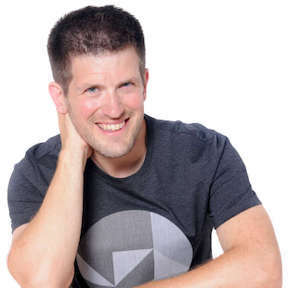

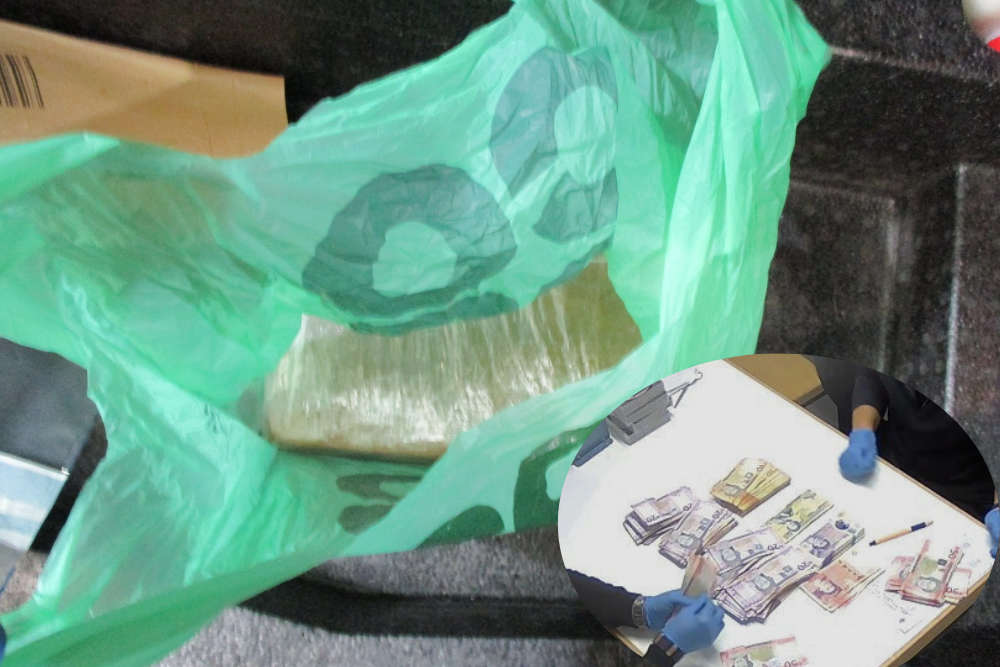 Three jailed for ‘unsophisticated’ drug smuggling syndicate
Three jailed for ‘unsophisticated’ drug smuggling syndicate
 Jersey's politicians agree 2026 Budget
Jersey's politicians agree 2026 Budget
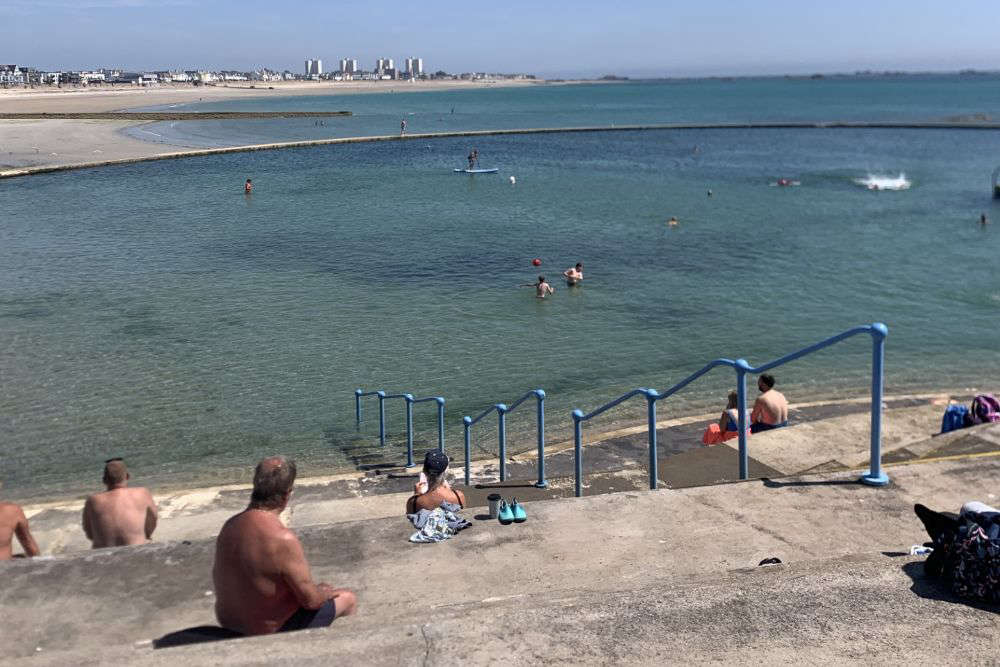 Fresh process to choose Havre des Pas Lido operator
Fresh process to choose Havre des Pas Lido operator
 Island-first Christmas Tractor Run for Jersey Hospice Care
Island-first Christmas Tractor Run for Jersey Hospice Care
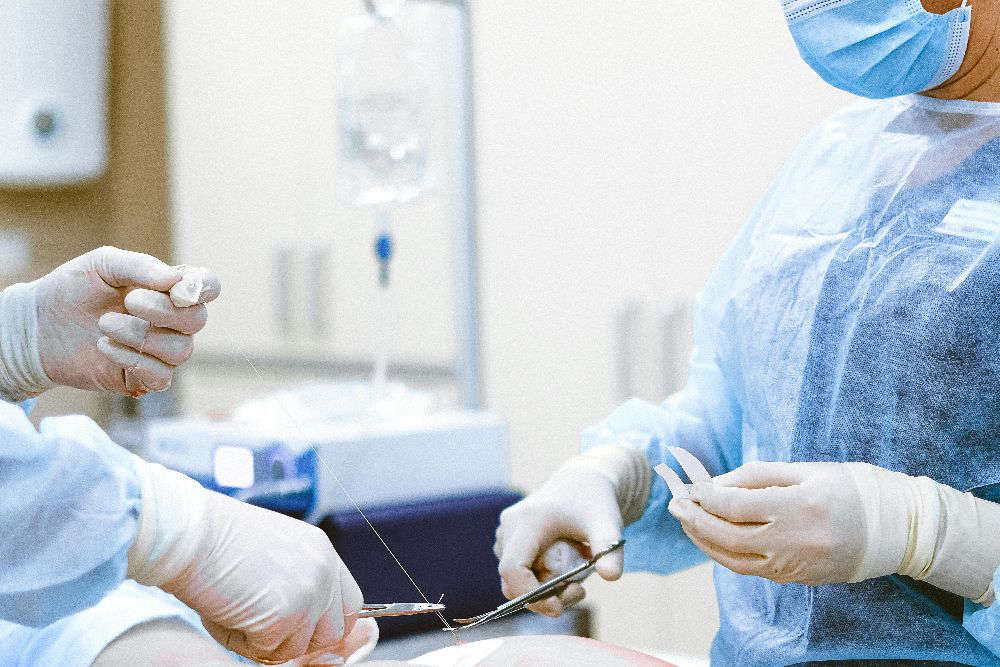 Minister defends 'temporary' rise in private surgeries
Minister defends 'temporary' rise in private surgeries
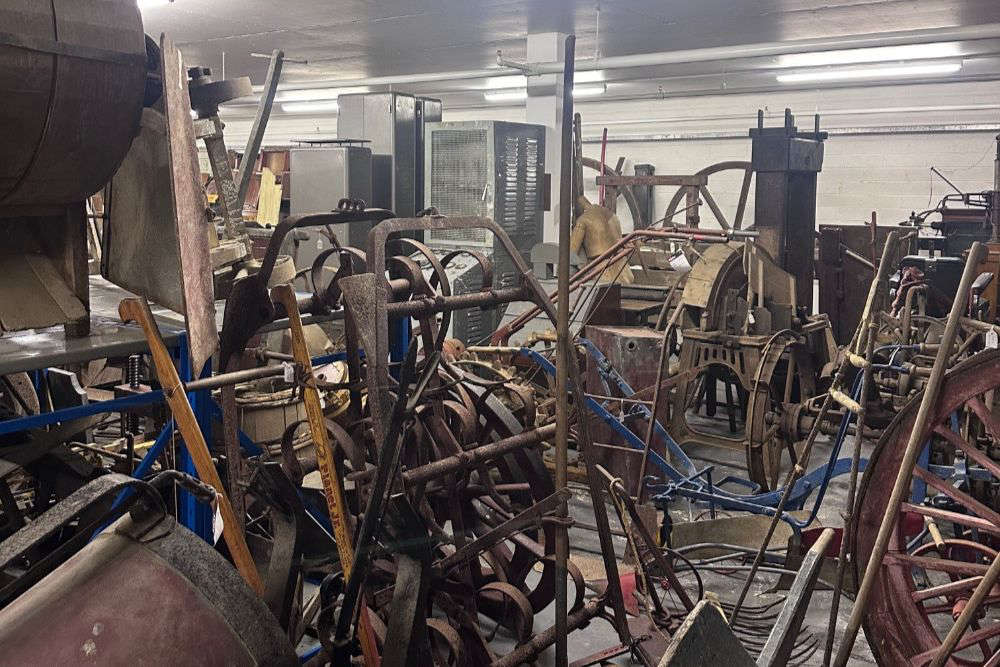 Jersey Heritage has a December declutter
Jersey Heritage has a December declutter
 Survey reveals more islanders cutting back on fresh groceries
Survey reveals more islanders cutting back on fresh groceries
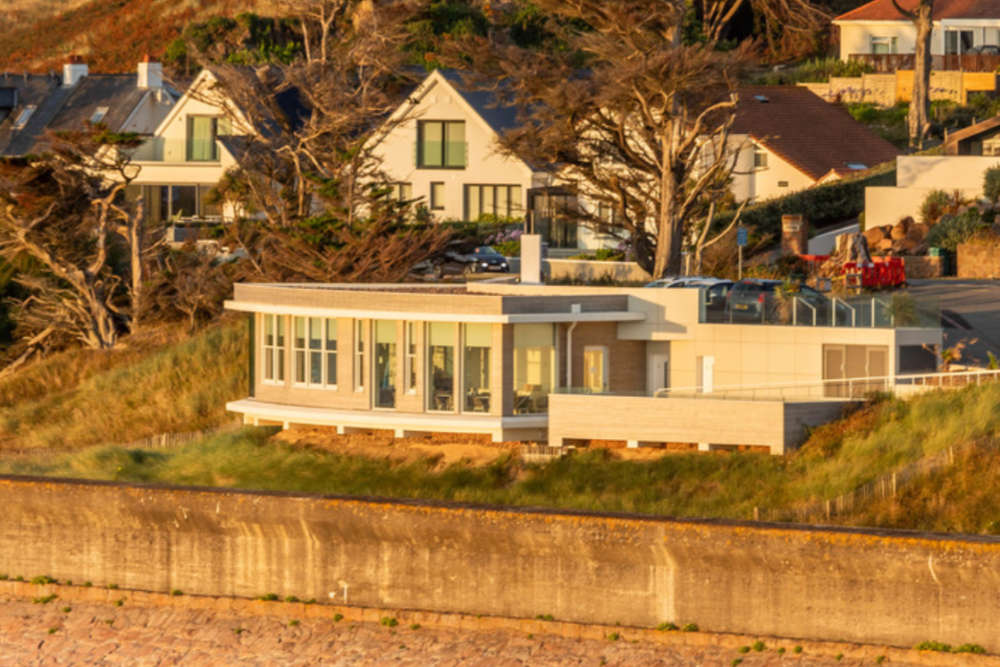 Nude Dunes available to rent as a shop or commercial unit
Nude Dunes available to rent as a shop or commercial unit





